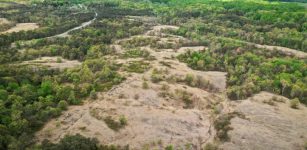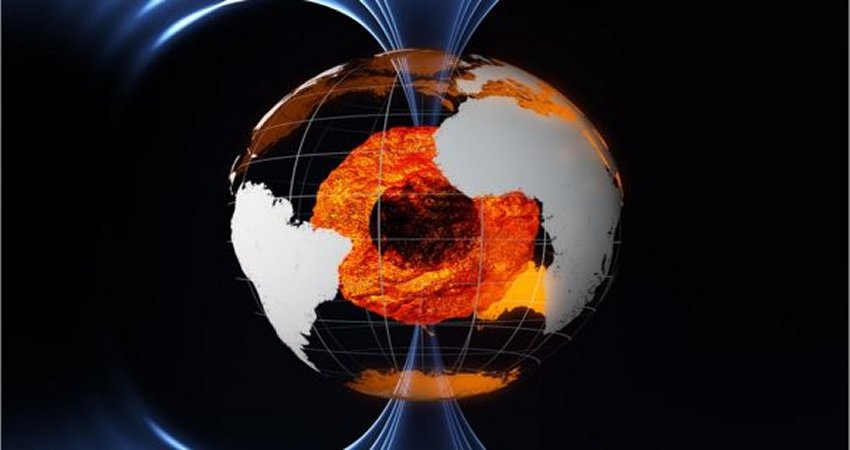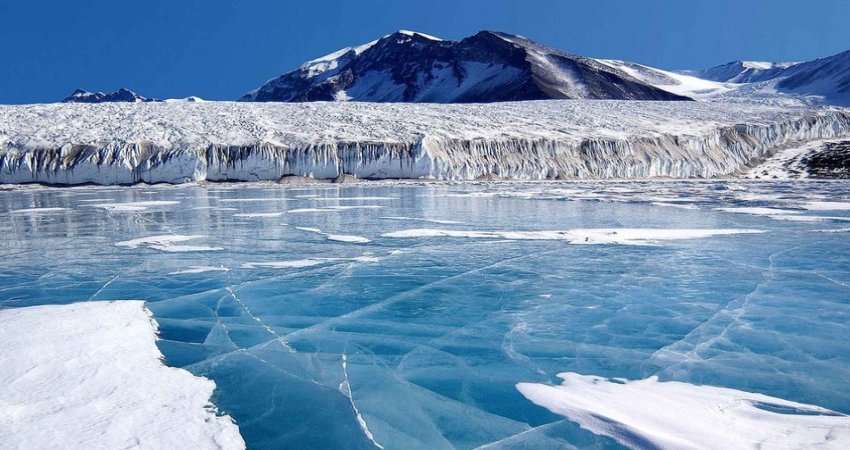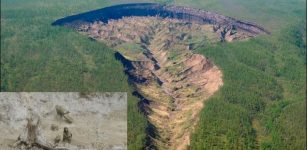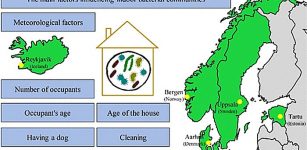Three Essential Questions About Climate Change And Health
Eddie Gonzales Jr. – MessageToEagle.com – Kai Chen, Ph.D., assistant professor in the Department of Environmental Health Sciences, studies the relationship between climate change, air pollution and human health.
He applies multidisciplinary approaches in climate and air pollution sciences, exposure assessment and environmental epidemiology to better understand how climate change is affecting human health. Much of this work has been done in China, Europe and the United States.
Credit: Public Domain
Why is climate change regarded as the greatest public health challenge of the 21st century?
KC: This summer, we have witnessed deadly extreme weather events occurring across the United States, such as the record-breaking heat wave in the Pacific Northwest, the raging wildfires in the West, and the devastating hurricanes and flooding in the East. All of these extreme weather events are exacerbated by climate change. But the currently reported direct death toll during these events is only the tip of the iceberg. Extreme temperatures and weather events can adversely affect a comprehensive spectrum of diseases, leading to increased mortality and morbidity.
At Yale, our research at the Yale Center on Climate Change and Health (YCCCH) shows that heat can increase the risk of cardiovascular diseases such as heart attack and stroke, respiratory diseases, diabetes, unintentional injuries and mental disorders. Recent global burden-of-disease studies found that around 2 million to 5 million deaths per year can be attributable to extreme temperature globally.
Climate change can also indirectly impact our health through worsening water quality, air pollution, increased transmission of infectious diseases, and decreased crop yields and nutrients. For example, air pollution accounts for nearly seven million premature deaths per year. Our YCCCH’s recent research also shows that air pollution is linked to increased hospital admissions of cardiovascular, kidney and mental illness.
Why is the Paris Agreement goal to keep global warming well below 2° C so important to our health?
KC: Any increase in global warming will primarily adversely affect human health. Our research shows that heat-related morbidity and mortality are projected to increase at 1.5 degrees Celsius of warming and increase further at 2 degrees Celsius or 3 degrees Celsius. Ground-level ozone, a potent air pollutant, will increase when global warming exceeds 2 degrees Celsius, resulting in a higher ozone-related mortality burden. As the climate changes, the world’s population is also growing older. Population aging will substantially amplify the projected mortality burden of temperature and air pollution under a warming climate.
What is the legacy of COVID-19 in addressing climate change?
KC: One big legacy of the COVID-19 response is a leap forward to a sustainable and healthier world. During the COVID-19 pandemic, lockdowns have given us the opportunity to see clean and blue skies across the world. Our study finds that in China, the first nationwide lockdown in early 2020 sharply reduced the country’s often-severe air pollution and brought substantial human health benefits in non-COVID-19 deaths. This dramatic change has shown us a glimpse of what a healthier world with strong clean air policies could be. But air pollution reduction and its associated health benefits during COVID-19 lockdowns are temporary. Moving forward, a more sustainable and healthier society will require increased investment in clean and renewable energy, low-carbon infrastructure, active transportation and climate-friendly lifestyles.
At the Yale Center on Climate Change and Health, our Climate, Health and Environment Nexus Lab aims to apply multidisciplinary approaches to produce policy-relevant knowledge that can be used to advance climate change mitigation and adaptation in a manner that promotes health and protects vulnerable populations.
Provided by Yale University
Written by Eddie Gonzales Jr. MessageToEagle.com Staff


